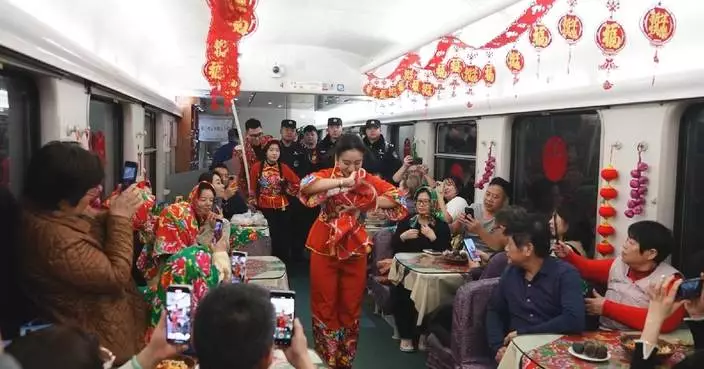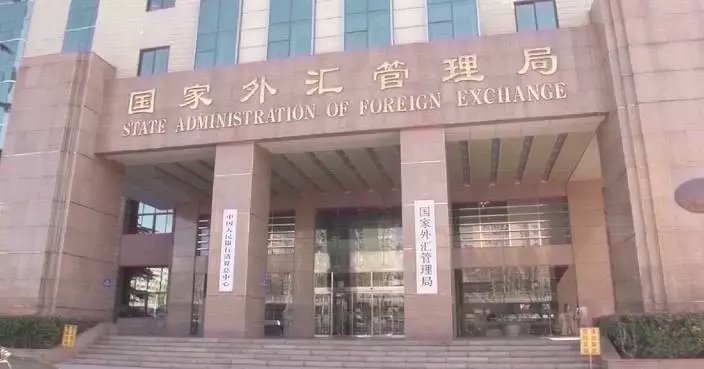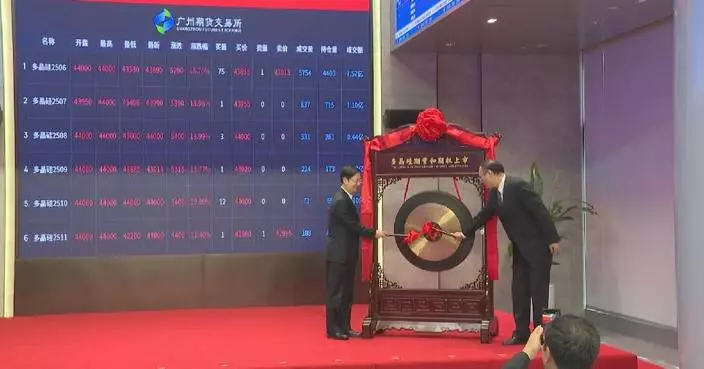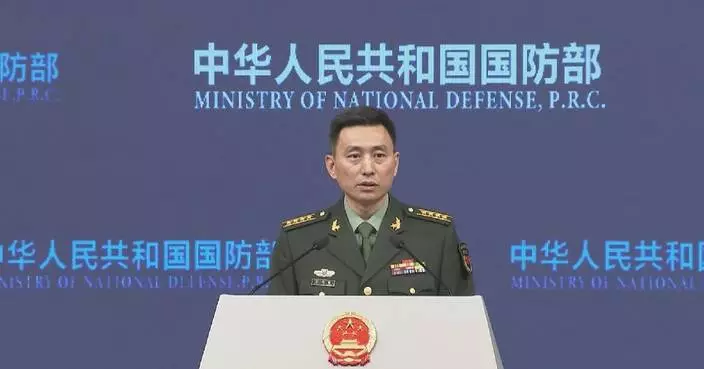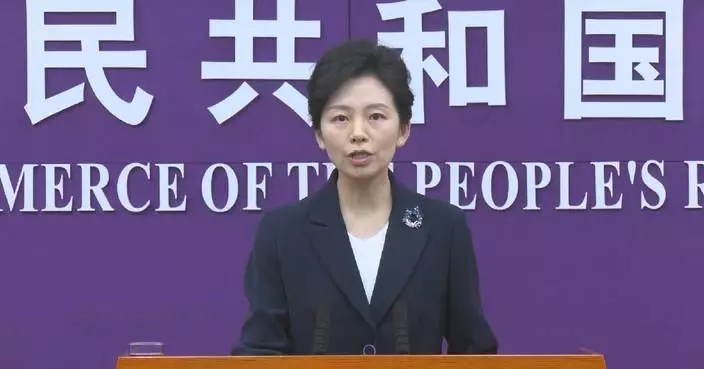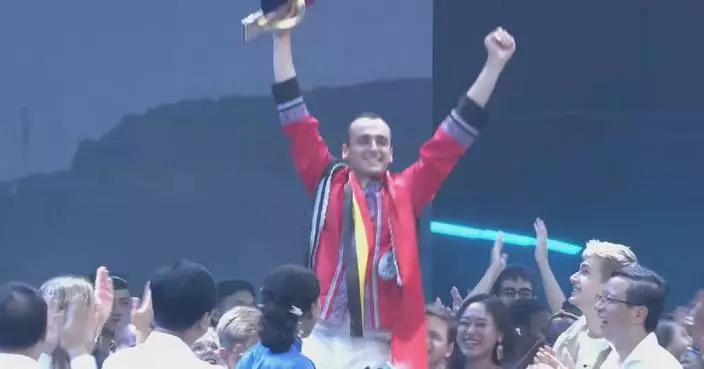Participating scholars and experts from China and abroad have lauded the ongoing inaugural World Conference of Classics, saying the event provides a platform for researchers to exchange ideas and build consensus on topics related to classical civilizations.
The first World Conference of Classics convened in Beijing from Wednesday to Friday, uniting 485 scholars and experts from over 30 countries and regions to explore the enduring wisdom of past civilizations.
"One of the most significant things that we can expect to get out of this is dialog between West and East, between European and other scholars and Chinese scholars. I mean, it's very clear that these two intellectual disciplines have an awful lot in common. Both of them are about ancient literate cultures that still have a bearing on the present," said Tim Whitmarsh, regius professor of Greek at the University of Cambridge, and a Fellow of Trinity College, Cambridge.
"I think this is precisely opening the way also to collaboration with specialists in Chinese culture, both from western Europe and from China itself. So there are steps that are moving in the right direction for collaboration and openness already," said Michael Trapp, professor emeritus of Classics from the Faculty of Arts and Humanities at King's College London.
Chinese and foreign experts emphasized the importance of classical civilization as a shared heritage, adding that it can inform the development of modern Chinese civilization
"At the current stage, Chinese civilization needs a deeper study and understanding of classical civilization. While exploring Western classical roots, we should use many methods of world classical studies to reinterpret Chinese classics, forming comparisons and mutual interpretations between Chinese and Western civilizations. I think many creative thoughts will gradually emerge in this process," said Wu Fei, professor from the Department of Philosophy and Religious Studies at Peking University.
The event seeks to foster intercultural exchange, provide solutions to global challenges, and inspire human progress while aligning with the Global Civilization Initiative.
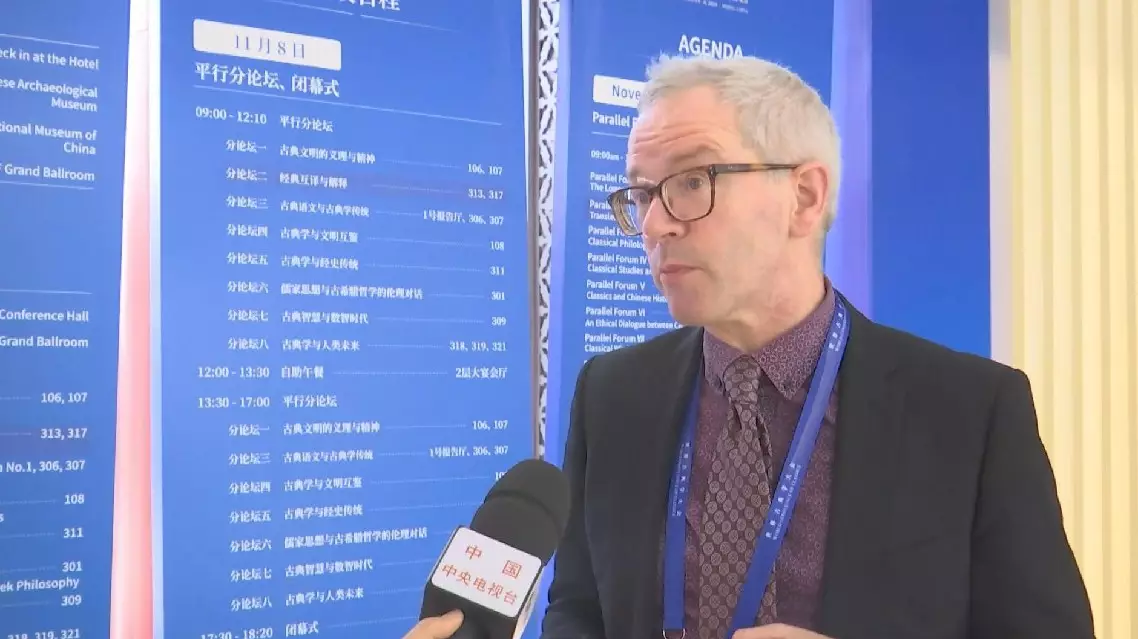
Chinese, foreign scholars speak highly of World Conference of Classics




